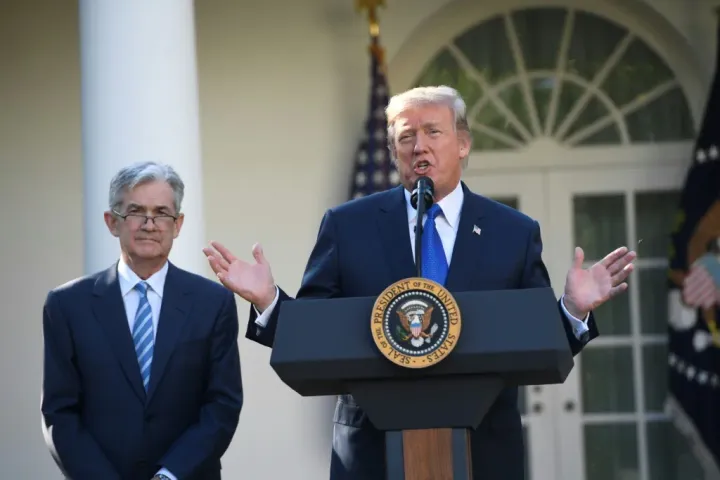Howard Marks, the renowned investor who accurately predicted the dot-com bubble in 2000, the Great Recession in 2008, has issued a critical warning about the future of the global economy. In a recent interview on Bloomberg, Marks stated that “tariffs are changing everything,” suggesting that these policy shifts could radically transform the global economic landscape. Below are the key insights from his analysis:
1. A Post-WWII Shift in Global Trade Dynamics:
Marks emphasizes that global trade has been the primary engine of prosperity over the past 80 years. This period of economic integration, known as globalization, was deliberately established after World War II to create economic interdependence among nations and prevent further conflict. He highlights that this system has primarily benefited the United States, which transitioned from a manufacturing-based economy to a high-value service-oriented economy. The process of global economic integration lifted all nations simultaneously, driving growth and prosperity worldwide.
2. The Disruptive Impact of Tariffs:
Marks warns that the rising tide of tariff policies is now threatening this long-standing economic order. He argues that tariffs risk reversing the progress made by globalization, disrupting the delicate balance of global trade. This shift will force businesses and governments to adjust to a new economic reality, one in which protectionist measures may replace the open trade policies that have historically benefited all countries involved. The ramifications of this shift will not be limited to trade policy but will affect the very fabric of international economic cooperation.
3. Inflationary Pressures and the End of Cheap Goods:
One of the most pressing consequences of this shift, according to Marks, is a sharp increase in inflation. He points out that, for decades, the globalized trade system and cheap manufacturing in developing nations have significantly lowered the cost of durable goods. Despite the U.S. dollar losing 75% of its value since World War II, goods prices decreased by as much as 40% due to these factors. However, Marks predicts that this trend is coming to an end, and as tariffs increase and global supply chains are disrupted, the prices of goods will rise. This inflationary pressure will affect consumers across the globe, leading to higher costs of living and reducing purchasing power.
4. A Major Shift in the Global Economy:
Marks concludes by asserting that this is the most significant economic shift since World War II. The end of globalization, driven by rising tariffs and protectionist policies, could reshape the global economic system. This change will have profound implications for supply chains, labor markets, and living standards worldwide. As the world’s major economies move away from interdependence toward a more fragmented and protectionist model, we are entering a period of unprecedented economic uncertainty.
Marks’ warning comes at a crucial moment when global trade is facing rising tariffs and protectionist policies. The new economic environment that is emerging from these changes will affect countries across all stages of development, and its full impact is still uncertain. However, one thing is clear: the global trade landscape will never be the same.




